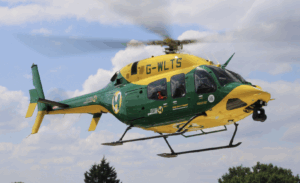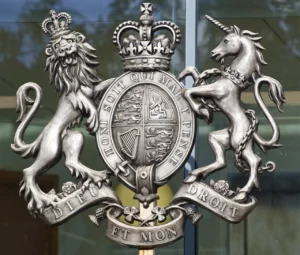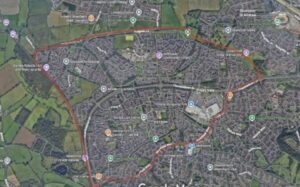Tensions between Israel and Hezbollah have reached a new peak this week, escalating fears of a broader regional conflict. The recent exchange of fire across the Israel-Lebanon border marks a significant uptick in hostilities that could destabilize the already fragile Middle East landscape.
The conflict reignited after a series of aggressive encounters, including missile strikes and artillery fire, which have caused damage and casualties on both sides. These incidents follow a period of relative quiet and have abruptly ended hopes of a sustained de-escalation in the region.
Hezbollah, a Lebanon-based militant group, has increased its military presence near the border, and its leaders have issued statements vowing to counter any Israeli operations. In response, Israel has heightened its security measures and deployed additional forces along the border to thwart potential infiltrations and attacks.
International reactions have been swift, with calls for restraint and a return to diplomatic negotiations. The United Nations has expressed deep concern over the potential for the conflict to expand, impacting civilians and leading to a humanitarian crisis.
Analysts suggest that the current escalation could be linked to broader regional dynamics, including Iran’s support of Hezbollah and ongoing tensions between Iran and Israel. The situation remains fluid, with the potential to affect not only Lebanon and Israel but also the wider Middle East.
The global community watches closely as diplomats scramble to mediate and prevent a full-scale conflict. Meanwhile, residents near the conflict zones are bracing for what comes next, hoping for a resolution that brings lasting peace to the region.


































